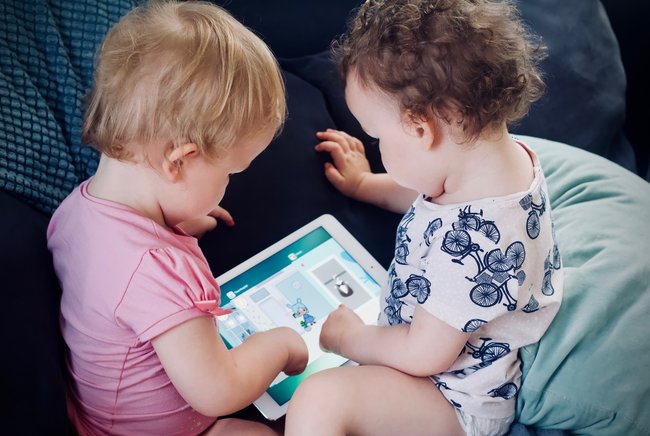Are babies the key to the next generation of artificial intelligence?
New research proposes a new research direction to overcome limitations of machine learning

Babies can help unlock the next generation of artificial intelligence (AI), according to researchers of Trinity College Institute of Neuroscience who, together with Tarek R. Besold, university researcher at TU Eindhoven, have just published new guiding principles for the development of the next generation of AI.
The research, published in the journal Nature Machine Intelligence, examines the neuroscience and psychology of infant learning and distils three principles to guide the next generation of AI, which will help overcome the most pressing limitations of machine learning.
In their article ‘Lessons from infant learning for unsupervised machine learning’, Dr Lorijn Zaadnoordijk and Professor Rhodri Cusack and Dr Tarek R. Besold, argue that better ways to learn from unstructured data are needed. For the first time, they make concrete proposals about what particular insights from infant learning can be fruitfully applied in machine learning and how exactly to apply these learnings.
Machines, they say, will need in-built preferences to shape their learning from the beginning. They will need to learn from richer datasets that capture how the world is looking, sounding, smelling, tasting and feeling. And, like infants, they will need to have a developmental trajectory, where experiences and networks change as they “grow up”.
Link to the paper published in Nature Machine Intelligence